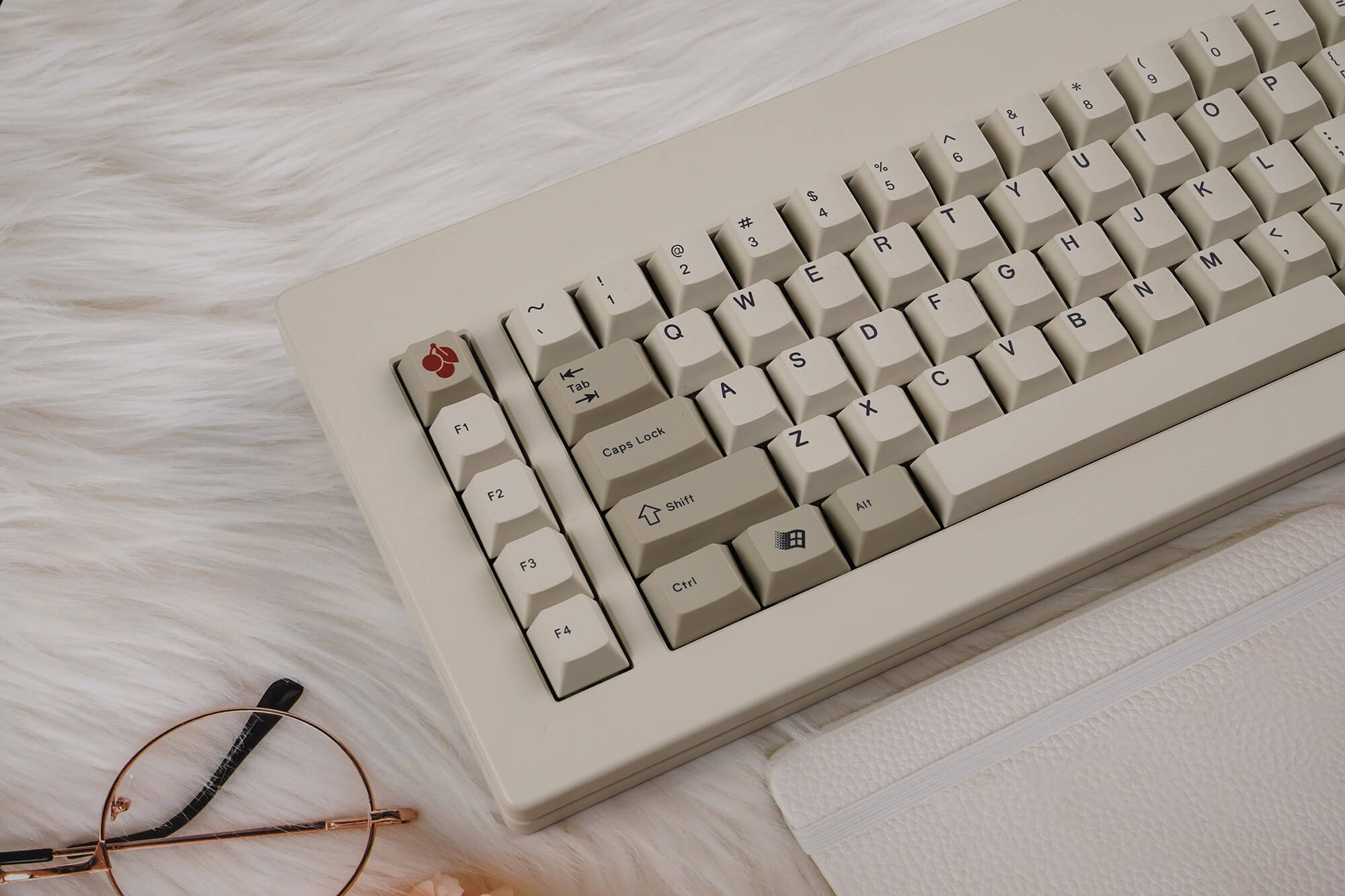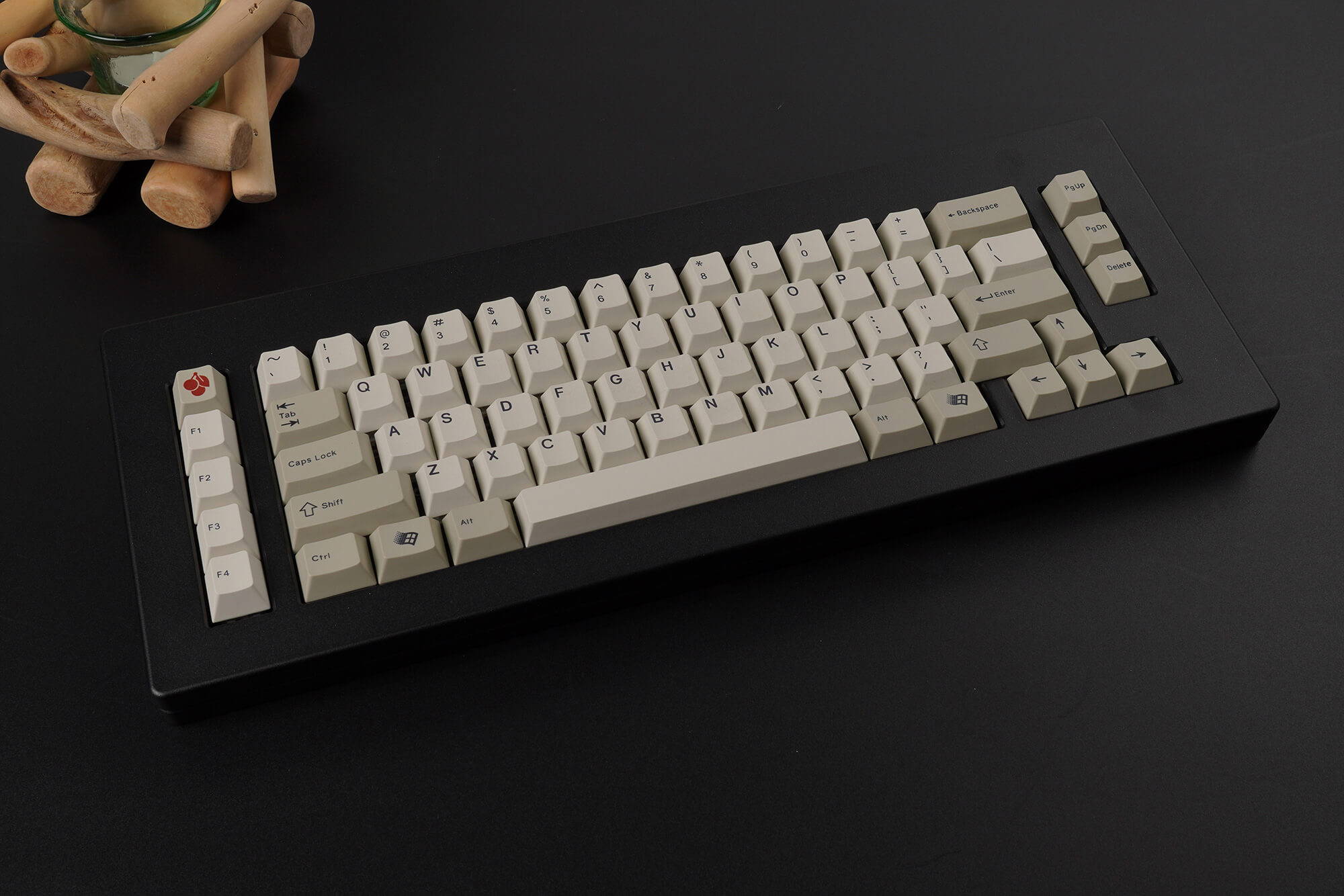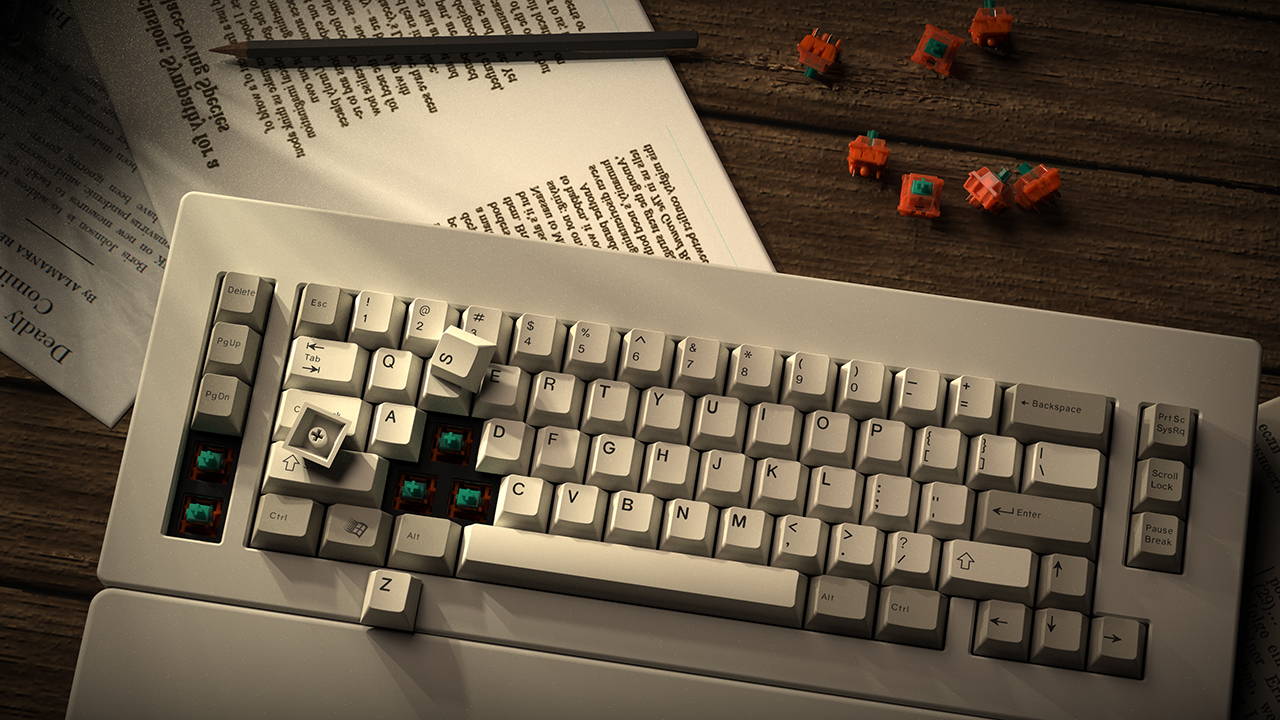Custom keyboards offer several advantages over traditional keyboards, including ergonomic design, increased comfort, and improved productivity.
Custom Keyboard: A Guide to Designing Your Own Personalized Keyboard

Introduction
As technology continues to evolve, so does our reliance on computers and keyboards. With so many people spending a significant amount of time typing, the importance of a good keyboard cannot be overstated. One way to ensure maximum comfort and productivity while typing is by using a custom keyboard. In this article, we will delve into the world of custom keyboard, discussing what they are, their benefits, and how you can design your own.
What is a Custom Keyboard?

A custom keyboard is a keyboard that has been designed and built to meet your specific needs and preferences. Unlike traditional keyboards, custom keyboards can be personalized in terms of layout, size, materials, and even the way they feel and sound when you type on them. With a custom keyboard, you can choose the switches, keycaps, and overall layout to create a typing experience that is tailored to your liking.
Designing Your Own Custom Keyboard

Designing your own custom keyboard can seem daunting at first, but with the right resources, it can be a fun and rewarding experience. Here are some steps to follow when designing your own custom keyboard:
Step 1: Choose a Layout
There are many different keyboard layouts to choose from, including standard QWERTY, Dvorak, and Colemak. Choose a layout that works best for you and your typing habits.
Step 2: Choose the Switches
Switches are the mechanisms that register each keystroke. There are several types of switches to choose from, each with its own unique feel and sound. Research the different types of switches and choose the one that best fits your typing preferences.
Step 3: Choose the Keycaps
Keycaps are the plastic covers that go over the switches. They can come in a variety of colors and designs, and can even be custom made. Choose keycaps that match your personal style and preferences.
Step 4: Choose the Case
The case is the shell that holds all of the components of the keyboard together. Cases can be made from a variety of materials, including wood, metal, and plastic. Choose a case that is both functional and aesthetically pleasing.
Step 5: Put it All Together
Once you have all of the components, it's time to assemble your keyboard. This can be a challenging process, but there are plenty of resources online to help guide you through it.
Conclusion
Custom keyboards offer a personalized typing experience that cannot be matched by traditional keyboards. With the ability to choose the layout, switches, keycaps, and case, you can create a keyboard that is tailored to your specific needs and preferences. While designing and building a custom keyboard may seem daunting at first, with the right resources and guidance, it can be a fun and rewarding experience.
FAQs
What are the advantages of a custom keyboard?
How do I choose the right switches for my custom keyboard?
There are several types of switches to choose from, each with its own unique feel and sound.
Can I customize the keycaps on my custom keyboard?
Yes, you can choose keycaps that match your personal style and preferences.
How difficult is it to assemble a custom keyboard?
Assembling a custom keyboard can be challenging, but there are plenty of resources online to help guide you through the process.
Can I make changes to my custom keyboard after it's been built?
Yes, you can make changes to your custom keyboard after it's been built, such as changing the keycaps or switches. However, some changes may require disassembling the keyboard, so it's important to plan ahead.
